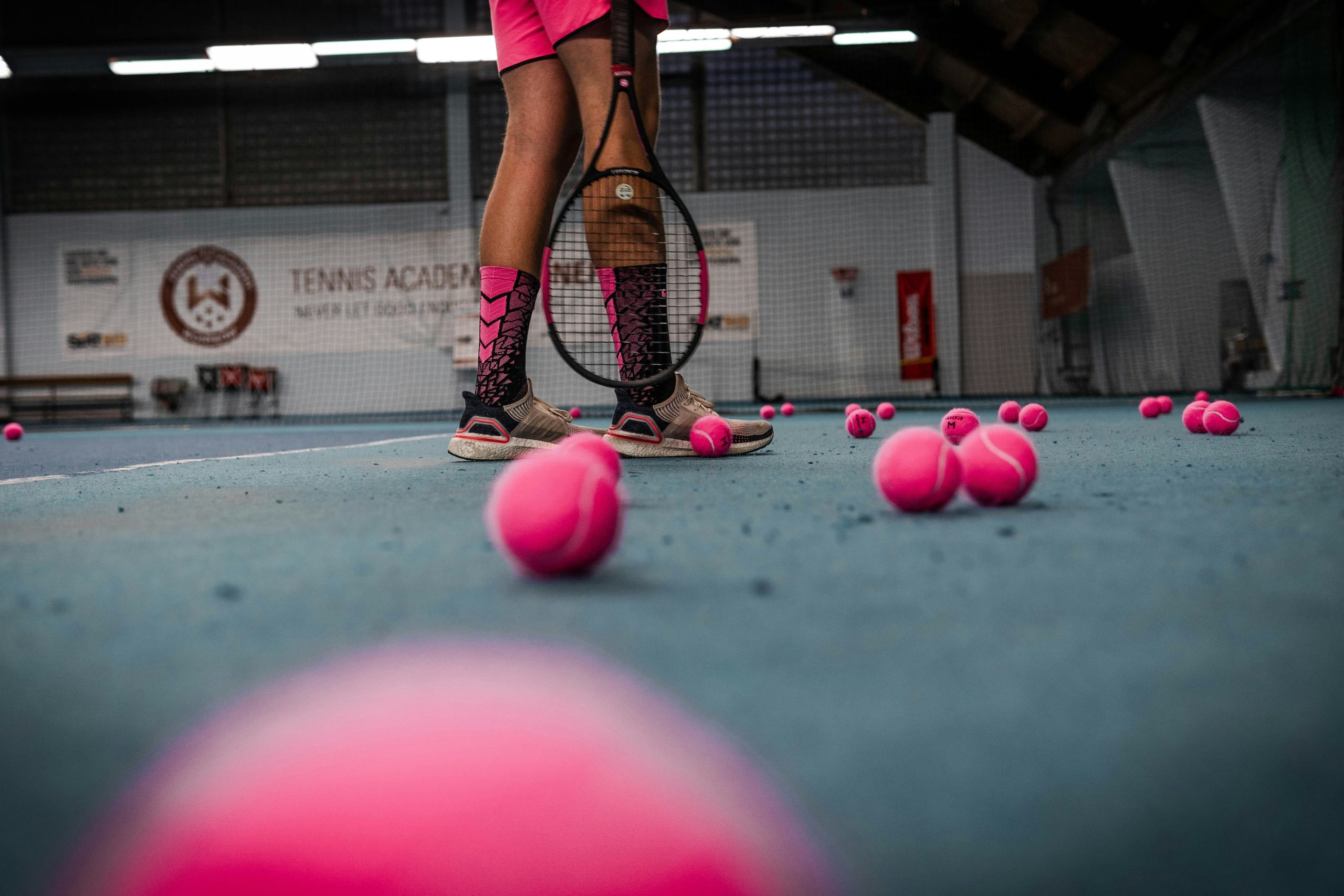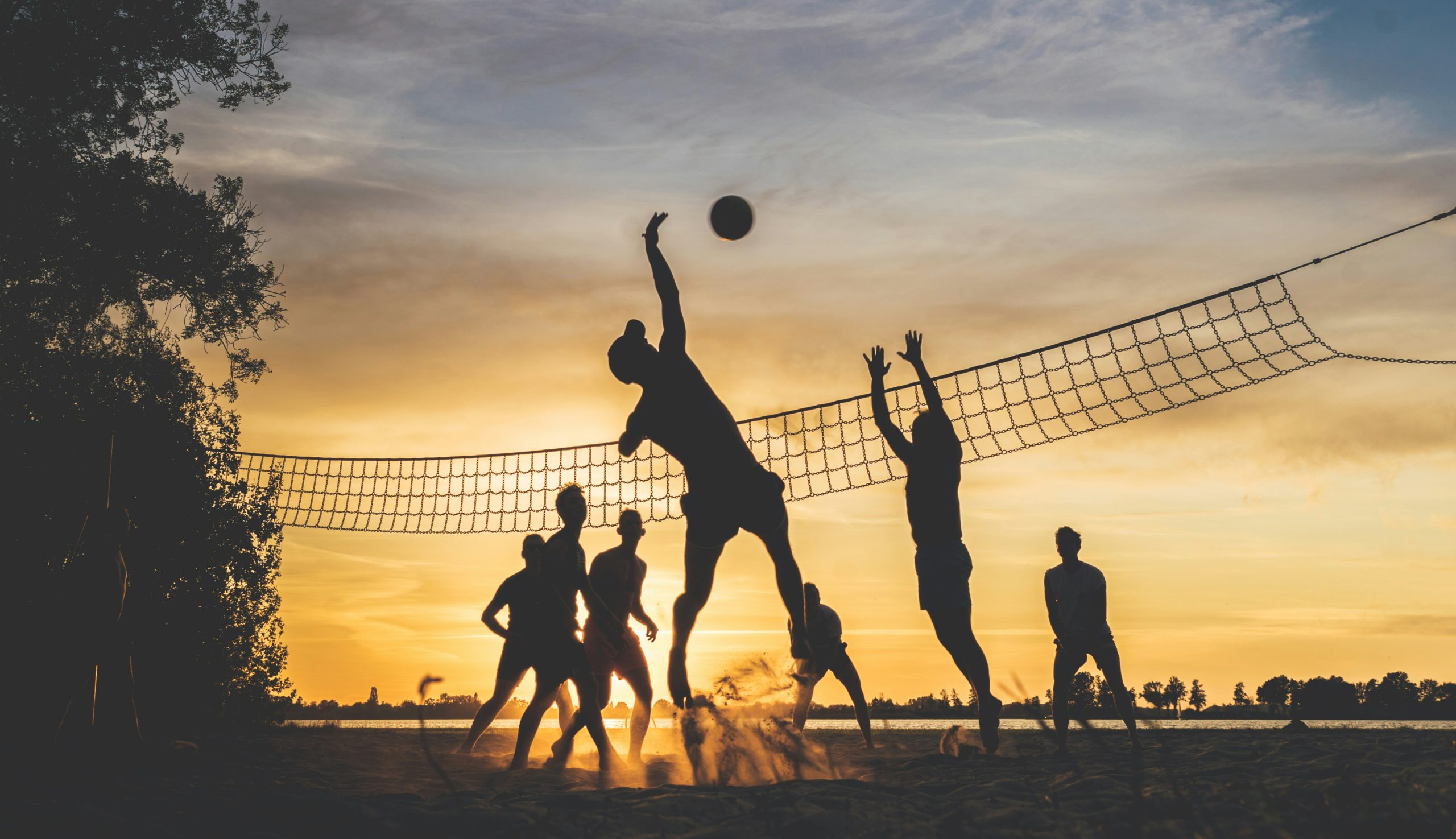Junior volleyball classes are an exciting and dynamic avenue for young individuals to explore the sport of volleyball. These classes are designed to cater to the specific needs and abilities of junior players, providing a structured and supportive environment for skill development and growth.
One of the primary aspects of junior volleyball classes is the focus on fundamental skills. Coaches begin by teaching the basic techniques such as serving, passing, setting, hitting, and blocking. These skills form the foundation upon which more advanced strategies and plays can be built. For example, proper serving technique is crucial as it initiates the play and can put pressure on the opposing team. Coaches spend a significant amount of time ensuring that each junior player has a correct and consistent serving motion.
Passing is another essential skill that is emphasized in junior volleyball classes. A good pass can set up an effective attack and keep the ball in play. Juniors learn how to use their forearms to control the ball and direct it accurately to the setter. This requires practice and coordination, and coaches often use drills and exercises to improve passing skills. Setting, on the other hand, is the art of placing the ball in an optimal position for a hitter to attack. Junior players are taught how to use their fingers and wrists to set the ball with precision and height.
Hitting is one of the most exciting aspects of volleyball, and junior classes provide opportunities for players to develop their hitting skills. Coaches teach juniors about different types of hits, such as spikes and tips, and how to generate power and accuracy. They also work on footwork and timing to ensure that the hit is executed at the right moment. Blocking is a defensive skill that helps to stop the opposing team’s attacks. Juniors learn how to read the hitter’s movements and position themselves correctly to block the ball.
In addition to skill development, junior volleyball classes also focus on teamwork and communication. Volleyball is a team sport, and players need to work together effectively to achieve success. Coaches encourage juniors to communicate with each other on the court, calling for the ball and providing support. Teamwork is also emphasized through team-building activities and group drills. These activities help juniors to develop a sense of camaraderie and trust among their teammates.
Another important aspect of junior volleyball classes is physical fitness. Volleyball requires a combination of strength, agility, and endurance. Coaches incorporate fitness training into the classes to help juniors improve their physical condition. This may include exercises such as running, jumping, and strength training. Physical fitness not only enhances performance on the court but also promotes overall health and well-being.
Junior volleyball classes also provide opportunities for competition. Coaches organize friendly matches and tournaments for the juniors to apply their skills and experience the excitement of competitive volleyball. These competitions help juniors to develop their confidence and sportsmanship. They learn how to handle pressure, win gracefully, and lose with dignity.
In conclusion, junior volleyball classes offer a comprehensive and engaging experience for young players. They provide a platform for skill development, teamwork, communication, physical fitness, and competition. Whether a junior is a beginner or has some prior experience, these classes can help them to grow and thrive in the sport of volleyball. So, if you have a junior who is interested in volleyball, consider enrolling them in a junior volleyball class and watch them soar on the court.
This Article Was Generated By AI.




